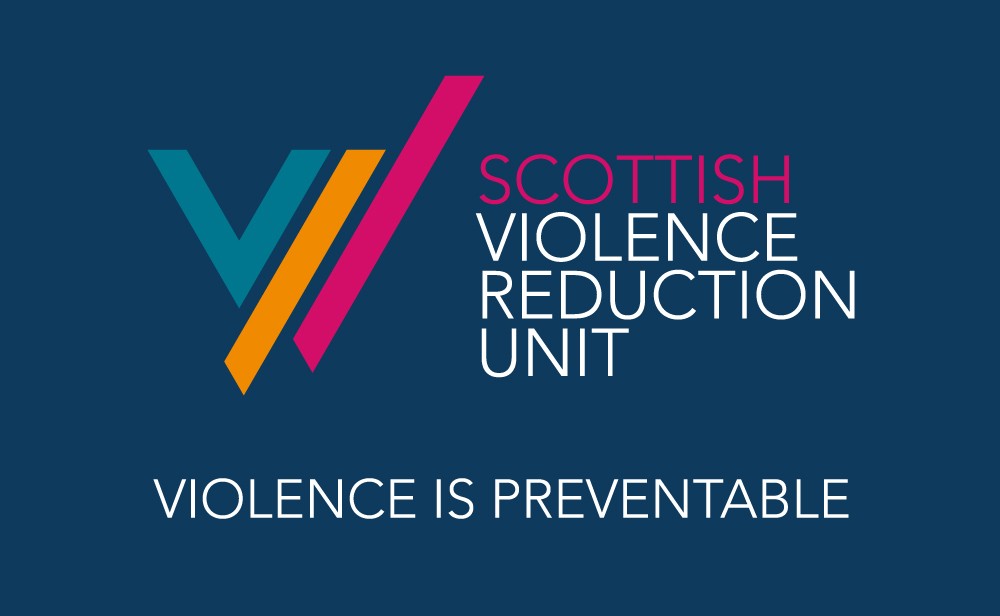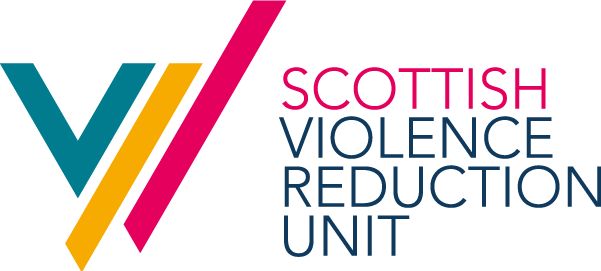By Jimmy Paul, Head of the Scottish Violence Reduction Unit
This week’s release of Scotland’s homicide figures – standing at 43, the lowest homicide level on record in Scotland – gives pause for reflection.

It is true that on many metrics, Scotland is safer than it has ever been. But each number represents a life cut short, a family devastated, and a community left grieving.
When the SVRU began its work in 2005, Scotland faced a daunting challenge, but a radical idea was embraced: treating violence not solely as a law enforcement issue, but as a preventable public health epidemic. The unit focused relentlessly on the ‘why’, building bridges between sectors to address the root causes, not just work on symptoms.
The progress that Scotland has seen stands as a testament to the tireless dedication of countless individuals and a fundamental change in approach pioneered by partners across policing, health, education, local government, and crucially, within communities themselves.
Yet, alongside this progress, we are hearing today from communities about violence affecting young people.
We have spoken to families, to young people, to youth workers and teachers amongst others about their concerns.
We must recognise that the overwhelming majority of young people in Scotland do not get involved in violence. Responding by stigmatising a generation of young people would be counterproductive and unjust. So, where do we go from here? The answer begins not with hastily designed, shiny new ideas, but with listening. Properly listening. We must understand the ‘why’ directly from those affected – our young people themselves. What pressures are they under? Where do they feel unsafe or unsupported? Their experiences and insights are essential.
Importantly in Scotland, we must remember that we are not starting from scratch. The core principles that drove our earlier progress – the public health approach focused on understanding the problem, prevention, tackling root causes, and relentless collaboration – remain our bedrock.
We know the factors that can fuel violence, including; poverty; adverse childhood experiences; trauma; lack of opportunity; and unmet mental health needs. We know the value of early intervention, family support, and creating safe, nurturing environments.
Initiatives like the Navigator programme, and the vital work of partners such as Medics Against Violence, No Knives Better Lives, Fearless, and local youth projects of which there are countless, provide strong foundations for us to build on.
We know what works:
1. Safe spaces for young people and authentic youth engagement: creating meaningful, safe spaces – in schools, in communities and online – where young people are genuinely heard without judgment. Supporting youth-led research and involve them actively in designing solutions.
2. Supporting families: providing quality parent and caregiver support. We know how crucial the early years are for positive outcomes for young people.
3. Seamless partnerships across society: the SVRU will continue convening groups across agencies, with commitment needed from all.
4. Tackling root causes: action on poverty, improving access to youth mental health services, creating accessible local opportunities for sport, arts, and future employment, and provide intensive, holistic support for vulnerable families, as and when it is needed.
5. Using a responsible narrative: we must challenge language that stigmatises. How we talk about these issues sets up the solutions to them, and we must work hard not to alienate those we need to be engaging. Young people have led the way in making Scotland a safer country and we must not put that progress at risk.
Let the legacy of the next chapter be that we truly heard our young people, understood them, and worked with them to build a safer, stronger, and more hopeful Scotland for everyone – a mission every one of us can get behind, and every one of us has a role to help realise.
